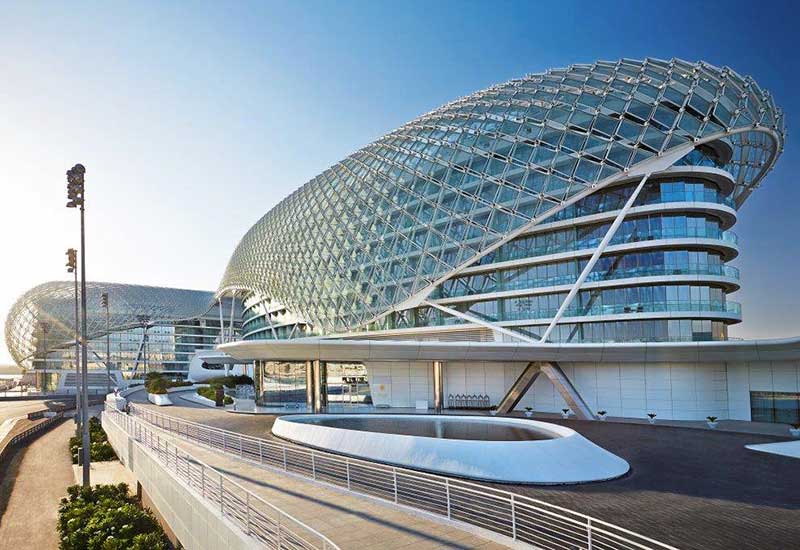In particular, Kyriakidis pointed to the UAE hotel market which has over a 100,000 keys in operation and in the pipeline, which builds pressure on the supply.
“In any market you have cycles, in 2009 we had the global economic crunch, which impacted the industry on a global scale then sadly we have terrorism or natural disaster cycles like September 11 that pretty much hit the New York City hospitality market for two years. Then the third cycle is the oversupply cycle that puts pressure on the existing market,” he said.
The figures don’t lie either. While STR’s preliminary July data for Dubai indicated performance consistent with strong growth in both supply and demand, ADR levels are poised to fall to their lowest since August 2004.
STR said in a statement: “Although growth in demand (room nights sold) was significant, performance levels remained low due to pressure from increased supply. The absolute ADR level would be the lowest for any month in the market since August 2004.”
But Kyriakidis sees the market correct itself with the beginning of Expo 2020. According to him, the challenge right now is getting the owners on-board.
“The owners have to work closely with us to ride through it and it always bottoms out and it always comes back. So the challenge always is that we have to work closely with our owners to help preserve as much of the bottom line as possible until the upside returns,” he explained.
Radisson Hotel Group’s region vice president Tim Cordon, however, believes that owners and operators should just have a heart to heart.
“The decision making process needs to be nimble. You need to have decision makers at the local level that can immediately change and adapt to suit the owners’ needs,” Cordon said.
According to Cordon, in this market, when you see a correction of rates, the real important thing for operators is to have a clear plan.
“If operators have a clear plan in reaction to the market and you have a discussion with your owner with a result oriented focus that will help you forge a stronger relationship,” he believes.
However, he also stresses that a break in relationships happen when operators put their needs in front of the owners’ needs.
In our June issue, we noted how there seems to be a trend of owners either looking at changing operators — evidence being the number of reflaggings in the regional market right now — or operating the properties themselves. Operators seem to have to really showcase why exactly they should be signed on.
At Arabian Hotel Investment Conference earlier this year, Ròya International CEO Kees Hartzuiker also noted that visibility is an issue. He said: “On both sides there has to be more visibility on the actual investment and expectations. The operators seem to have very little connection to the level of investment being made and down the line it hurts.”

| Advertisement |





